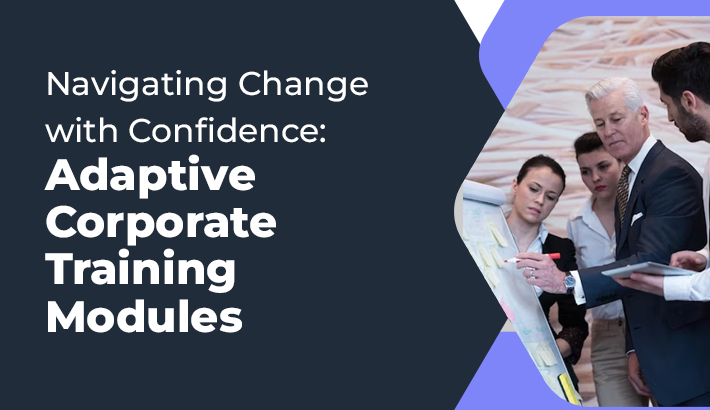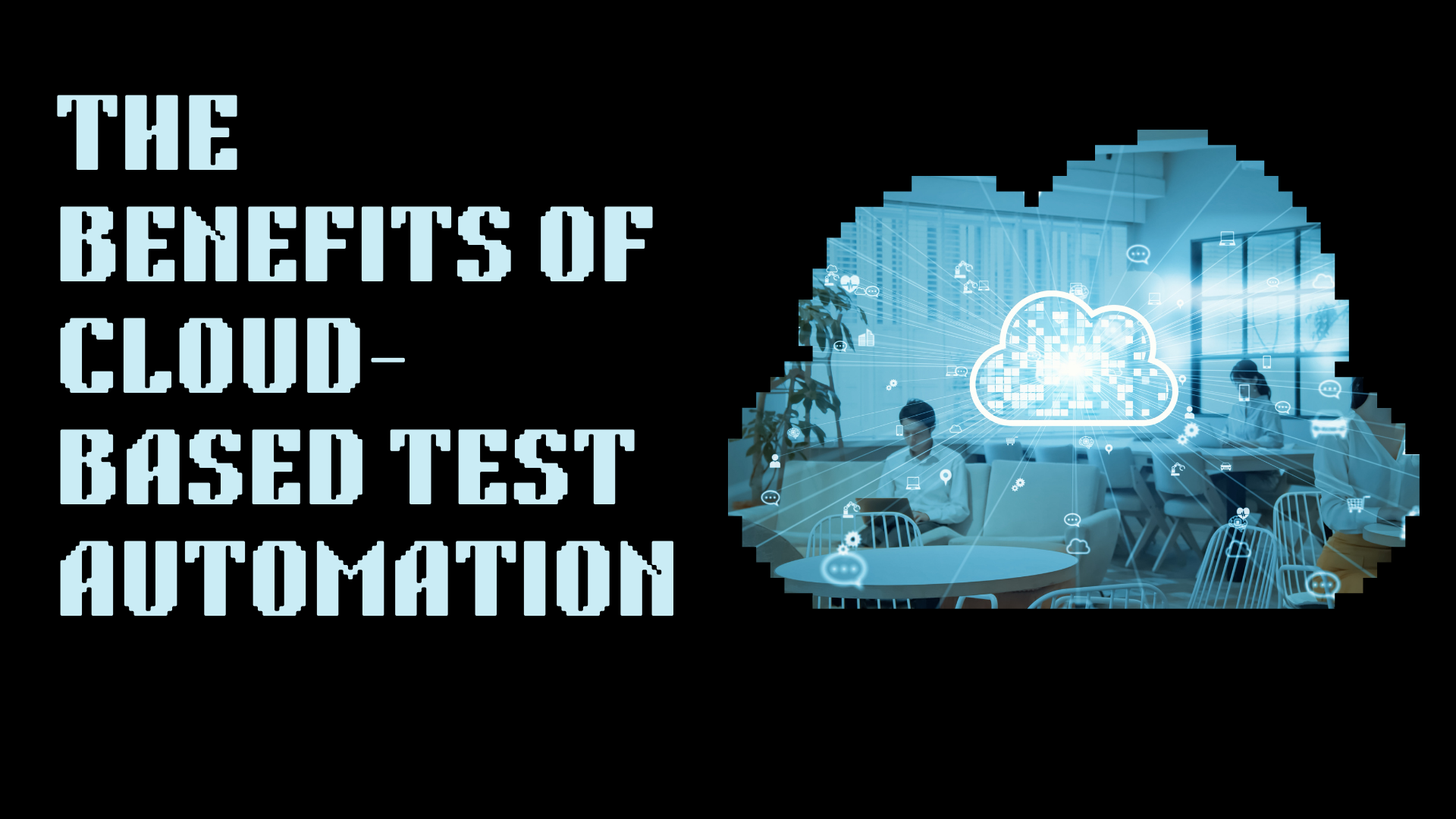Enhancing Workforce Excellence: Exploring Effective Corporate Training Modules
In the fast-paced and dynamic landscape of the corporate world, staying ahead of the curve is crucial for success. To achieve this, organizations are increasingly recognizing the importance of investing in comprehensive corporate training modules. These modules serve as a cornerstone for fostering continuous learning, skill development, and overall employee excellence.
Tailored Learning Objectives
Corporate training modules begin with a clear identification of learning objectives tailored to the organization's goals and industry requirements. These objectives act as a roadmap, guiding employees toward acquiring the skills and knowledge necessary for success in their roles. Whether it's technical proficiency, leadership skills, or industry-specific know-how, a well-defined set of objectives ensures focused and meaningful learning experiences.
Interactive and Engaging Content
Gone are the days of monotonous lectures and dry presentations. Modern corporate training modules leverage interactive and engaging content to captivate learners. This includes videos, simulations, gamification, and virtual reality experiences that not only convey information effectively but also make the learning process enjoyable and memorable. By incorporating diverse learning formats, organizations can cater to different learning styles, ensuring a more inclusive and effective training experience.
Technological Integration
Embracing technology is crucial for contemporary corporate training. Learning Management Systems (LMS), virtual classrooms, and AI-driven adaptive learning platforms are integral components of effective training modules. These tools facilitate seamless content delivery, progress tracking, and personalized learning experiences. Technology-driven training modules not only enhance accessibility but also allow for real-time updates and adjustments based on evolving organizational needs.
Continuous Assessment and Feedback
Assessment is a vital aspect of corporate training modules. Regular evaluations and feedback mechanisms enable organizations to gauge the effectiveness of their training programs and identify areas for improvement. This iterative process ensures that the training content remains relevant, up-to-date, and aligned with evolving industry trends. Additionally, constructive feedback provides learners with insights into their performance, motivating them to strive for continuous improvement.
Leadership Development Programs
Effective corporate training modules extend beyond basic skill development to include robust leadership development programs. Nurturing leadership qualities among employees not only enhances individual career trajectories but also contributes to the overall success of the organization. Leadership modules may focus on strategic decision-making, effective communication, and team management skills, preparing employees for leadership roles within the company.
Measurable Outcomes
A successful corporate training program should be results-oriented. Establishing measurable outcomes allows organizations to assess the impact of their training modules on key performance indicators. Whether it's increased productivity, improved customer satisfaction, or enhanced employee engagement, measurable outcomes provide tangible evidence of the training program's success and return on investment.
In the ever-evolving corporate landscape, organizations that prioritize continuous learning through effective training modules are better positioned to adapt, innovate, and excel. By tailoring learning objectives, incorporating interactive content, embracing technology, implementing continuous assessment, focusing on leadership development, and ensuring measurable outcomes, companies can create a culture of excellence that propels both individual and organizational success. In the journey towards workforce excellence, corporate training modules stand as a cornerstone, shaping the skills and capabilities needed for a thriving future.





Leave a reply